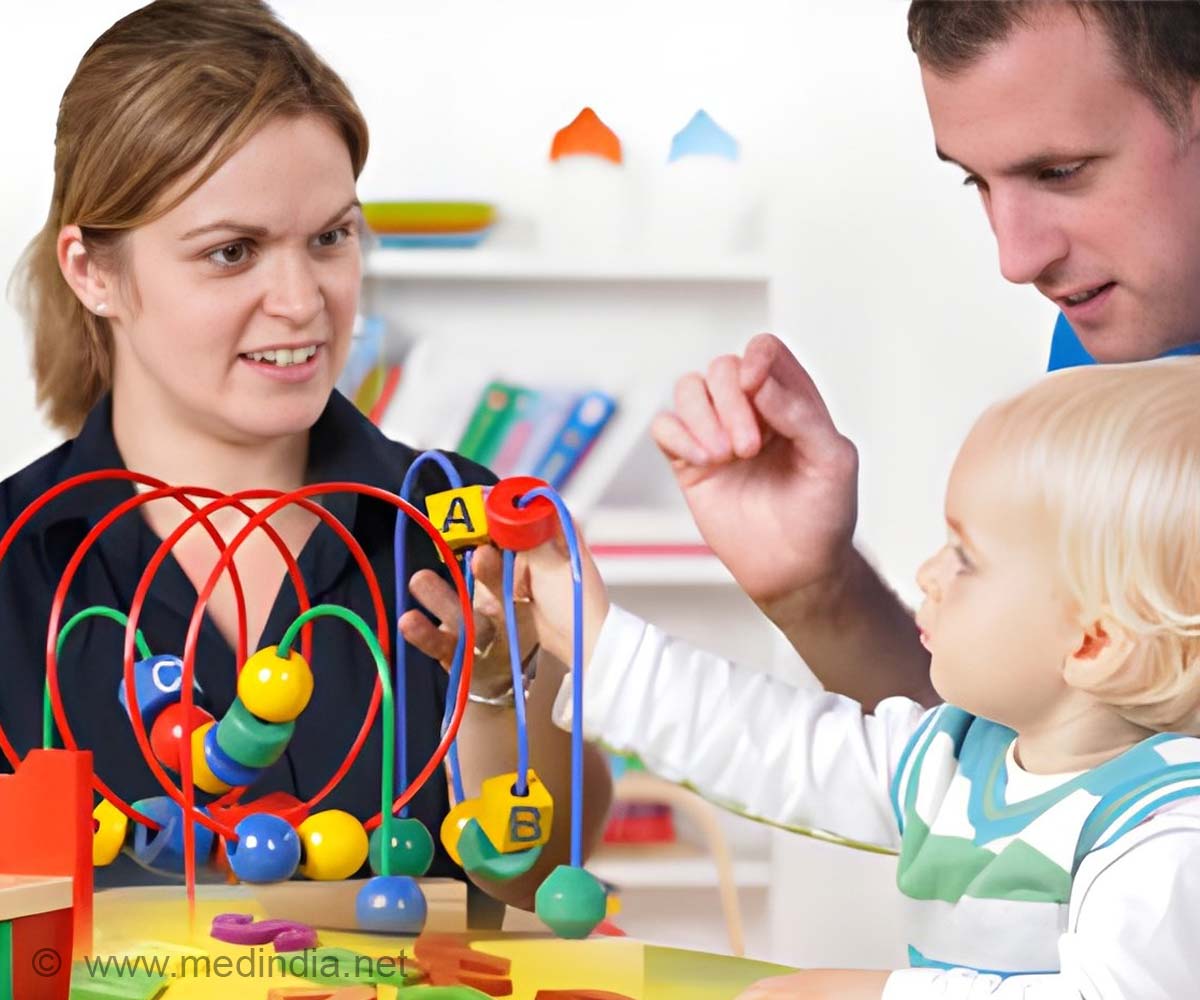It is beneficial to systematize the exchange of information between parents, preschool and child care centers to increase the focus on mental health problems.

‘A method to enhance communication between parents, preschool and child healthcare, regarding children's mental health has been described in a new study.’





"All three groups in our study - nurses, preschool teachers and
parents - thought that the systematic approach works well and that the
routine with questionnaires provides more knowledge about the children
for both preschool and child healthcare services. However, the use of
standardized questionnaires is a controversial issue among preschool
teachers," says Elizabeth Fält, PhD student and district nurse, who
carried out the study.The ongoing study "Children and Parents in Focus" was launched in Uppsala, Sweden, in 2013. The study evaluated a method to enhance communication between parents, preschool and child healthcare, regarding children's mental health.
When the parents of all three-, four-, and five-year-olds in Uppsala receive the invitation letter for the child's annual visit to the child health center, they also receive an additional form with 25 questions. This form, the Strengths and Difficulties Questionnaire (SDQ), is widely used internationally and contains questions about the child's behavior, emotions, and social relationships.
The parents receive three SDQ forms. If the family agrees to participate in the study, the parents each complete a separate form and take the third questionnaire to their child's preschool for the teachers to complete. The completed forms are then returned to the CHC nurse and reviewed during the child's regular visits to the CHC.
All stakeholders were in favor of the new procedure, though all stakeholders also noted some problems.
Advertisement
* Preschool teachers want to identify and help children with difficulties and most preschool teachers think that the transfer of information using the SDQ can be a good tool for that. But the interviews also showed that the use of structured forms to assess children's social and emotional development is a controversial issue among preschool teachers.
Advertisement
The preschool teachers also feel worried about parents' reactions to the preschool assessment. At the same time, they acknowledge that the information transfer benefits the preschool, as the new routine can contribute by giving the preschool a more detailed picture of each child and can result in good collegial discussions.
- Parents look forward to learning about part of the preschool's assessment at the child healthcare center visit. They think that the forms get them to reflect on their child's situation and behavior, which they perceive as positive. They also think that the questionnaire can lead to valuable discussions with the other parent, as the points initiate discussions they would not otherwise have. Nevertheless, parents have some concerns about how personal information is handled and used; like the preschool teachers, they are afraid that the information they provide through SDQ might have negative consequences for the child in the long run.
Source-Eurekalert














